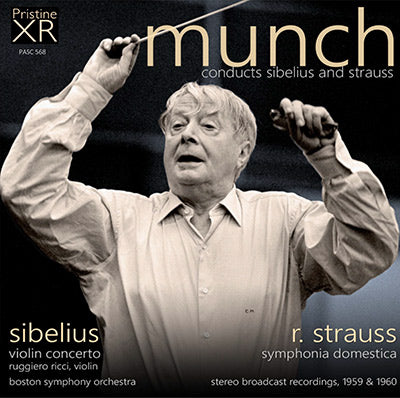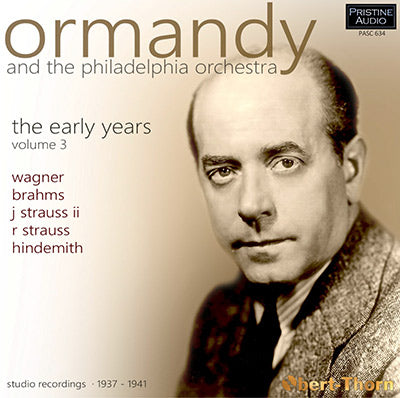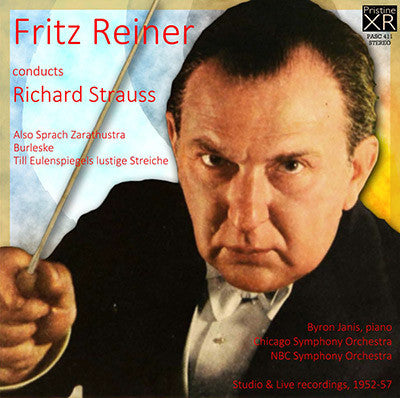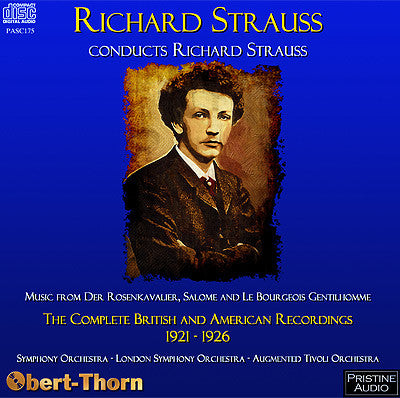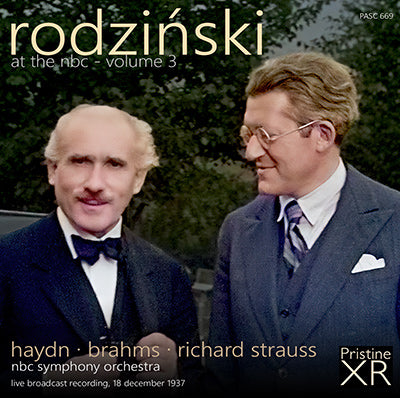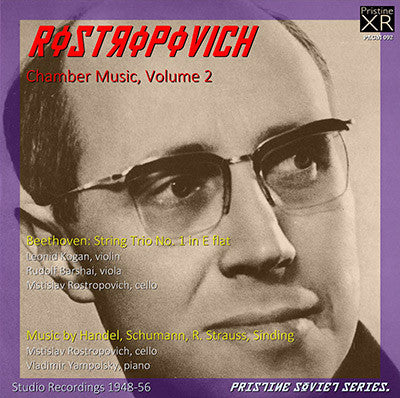Strauss R
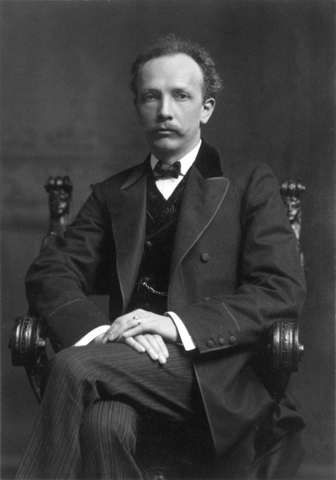
Richard Georg Strauss (11 June 1864 – 8 September 1949) was a leading German composer of the late Romantic and early modern eras. He is known for his operas, which include Der Rosenkavalier, Elektra, Die Frau ohne Schatten and Salome; his Lieder, especially his Four Last Songs; his tone poems, including Don Juan, Death and Transfiguration, Till Eulenspiegel's Merry Pranks, Also sprach Zarathustra, Ein Heldenleben, Symphonia Domestica, and An Alpine Symphony; and other instrumental works such as Metamorphosen and his Oboe Concerto. Strauss was also a prominent conductor in Western Europe and the Americas, enjoying quasi-celebrity status as his compositions became standards of orchestral and operatic repertoire.
Strauss, along with Gustav Mahler, represents the late flowering of German Romanticism after Richard Wagner, in which pioneering subtleties of orchestration are combined with an advanced harmonic style.
Strauss's late works, modelled on "the divine Mozart at the end of a life full of thankfulness," are widely considered by music critics as the greatest works by any octogenarian composer. Strauss himself declared in 1947 with characteristic self-deprecation: "I may not be a first-rate composer, but I am a first-class second-rate composer." The Canadian pianist Glenn Gould described Strauss in 1962 as "the greatest musical figure who has lived in this century."
Until the 1980s, Strauss was regarded by some post-modern musicologists as a conservative, backward-looking composer, but re-examination of and new research on the composer has re-evaluated his place as that of a modernist, albeit one who still utilized and sometimes revered tonality and lush orchestration. Strauss is noted for his pioneering subtleties of orchestration, combined with an advanced harmonic style; when he first played Strauss at a university production of Ariadne auf Naxos, the conductor Mark Elder "was flabbergasted. I had no idea music could do the things he was doing with harmony and melody."
Strauss's music had a considerable influence on composers at the start of the 20th century. Bela Bartók heard Also sprach Zarathustra in 1902, and later said that the work "contained the seeds for a new life"; a Straussian influence is clearly present in his works of that period, including his First String Quartet, Kossuth, and Bluebeard's Castle. Karol Szymanowski was also greatly influenced by Strauss, reflected in such pieces as his Concert Overture and his first and second symphonies, and his opera Hagith which was modeled after Salome. English composers were also influenced by Strauss, from Edward Elgar in his concert overture In the South (Alassio) and other works[38] to Benjamin Britten in his opera writing. Many contemporary composers recognise a debt to Strauss, including John Adams and John Corigliano.

Strauss R
Richard Georg Strauss (11 June 1864 – 8 September 1949) was a leading German composer of the late Romantic and early modern eras. He is known for his operas, which include Der Rosenkavalier, Elektra, Die Frau ohne Schatten and Salome; his Lieder, especially his Four Last Songs; his tone poems, including Don Juan, Death and Transfiguration, Till Eulenspiegel's Merry Pranks, Also sprach Zarathustra, Ein Heldenleben, Symphonia Domestica, and A...
SIBELIUS Violin Concerto
R STRAUSS Symphonia Domestica
Live stereo recordings, 1959/60
Total duration: 77:19
Ruggiero Ricci, violin
Boston Symphony Orchestra
conducted by Charles Munch
BRAHMS
Symphony No. 2
HINDEMITH Symphony 'Mathis der Maler'
R. STRAUSS Symphonia Domestica
R. STRAUSS Waltzes from Der Rosenkavalier
J. STRAUSS II Three Waltzes
WAGNER Die Meistersinger von Nürnberg - excerpts
Studio recordings, 1937-41
Total duration: 2hr 19:12
The Philadelphia Orchestra
conducted by Eugene Ormandy
R. Strauss Burleske
R. Strauss Till Eulenspiegels lustige Streiche
Studio and live recordings · 1952-57
Total duration: 67:28
Byron Janis, piano
Chicago Symphony Orchestra
NBC Symphony Orchestra
R STRAUSS The Complete British & American Recordings, 1922-26
Total duration: 72:38
Symphony Orchestra
London Symphony Orchestra
Augmented Tivoli Orchestra
conducted by Richard Strauss
HAYDN Symphony No. 100 'Military'
BRAHMS Symphony No. 4
R. STRAUSS Dance of the Seven Veils
Studio broadcast recording, 1937
Total duration: 75:55
NBC Symphony Orchestra
conducted by Artur Rodziński
BEETHOVEN String Trio No. 1
HANDEL Larghetto from Sonata in D
SCHUMANN Stücke in Volkston Nos. 1 & 4
R. STRAUSS Stimmungsbilder No. 2
SINDING Presto from Suite im alten Stil
Studio Recordings · 1948-56
Total duration: 60:09
Mstislav Rostropovich, cello
Leonid Kogan, violin
Rudolf Barshai, viola
Vladimir Yampolsky, piano

